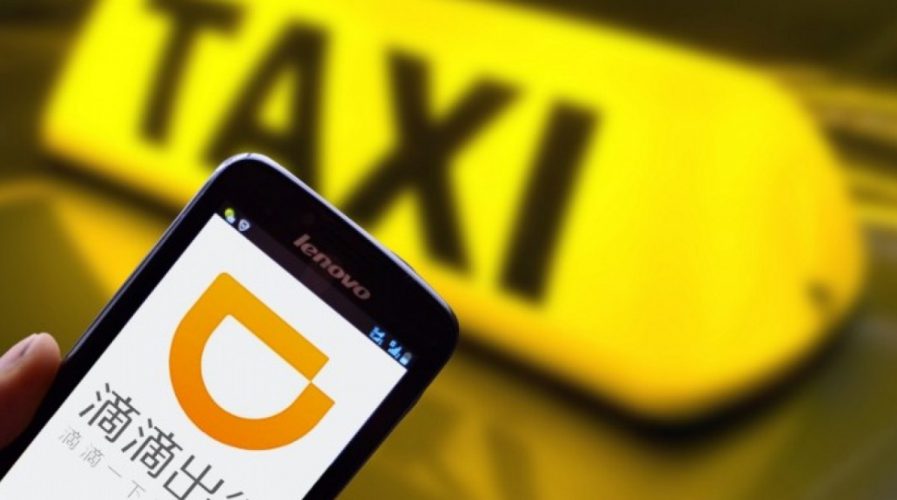
DiDi Chuxing invests in own electric cars. Source: Shutterstock
Didi Chuxing is a step away from becoming Asia’s most valuable startup
WHILE Uber struggles against its downward PR spiral, Chinese arch rival Didi Chuxing continues to grow quickly and is about to raise a round that will make it the most valuable startup in Asia.
According to Bloomberg, the ride-hailing giant is close to raising an unfathomable round of US$5 billion which would give its valuation a huge bump up from US$34 billion to US$50 billion. This would make it even more valuable than Xiaomi, which as of January 2017, was worth US$45 billion.
The group of investors in on this round are SoftBank Group, Silver Lake Kraftwerk, China Merchants Bank and an investment arm of the Bank of Communications. Bloomberg notes that this will be one of the largest deals ever in the Asian venture industry, and Didi would use the funds to “pursue an ambitious agenda in China and beyond”.
Tech hype drives Didi Chuxing to $50 bln valuation. Via @ReutersTV https://t.co/HbFjkjRUnN pic.twitter.com/XIEXns5ISd
— Reuters Top News (@Reuters) April 27, 2017
The four-year-old startup has been focused on the domestic market in the past, but it has made movements into the US and has even launched an artificial intelligence R&D lab in Silicon Valley. The lab will also focus on developing autonomous driving technology, which will put it in direct competition with the likes of Alphabet, Uber and its Chinese counterpart, Baidu.
According to an unnamed source, SoftBank’s Masayoshi Son has encouraged Didi CEO Cheng Wei to take on more capital on this round so “he won’t be constrained in pursuing new opportunities.”
Bloomberg notes that Son had actually hedged his bets on a similar deal 20 years ago with Alibaba, which has proved to be his most lucrative yet with a “paper profit of US$85 billion”.
SEE ALSO: Japanese gaming magnate packs bags, heads off to the Littel Red Dot
Despite seeming like it could do no wrong, Didi has actually had a challenging time in its home market – even after it managed to drive out Uber. The Chinese government has imposed increasingly strict regulations in cities such as Beijing and Shanghai.
One of the rules, which is a large thorn in Didi’s side, is that drivers have to be local residents which cuts out thousands of workers from the countryside.
These regulations are precisely why Didi is joining the autonomous vehicle race so ardently, as it is hoping to put driverless cars on the road and overcome this hurdle altogether.
READ MORE
- The criticality of endpoint management in cybersecurity and operations
- Ethical AI: The renewed importance of safeguarding data and customer privacy in Generative AI applications
- How Japan balances AI-driven opportunities with cybersecurity needs
- Deploying SASE: Benchmarking your approach
- Insurance everywhere all at once: the digital transformation of the APAC insurance industry
